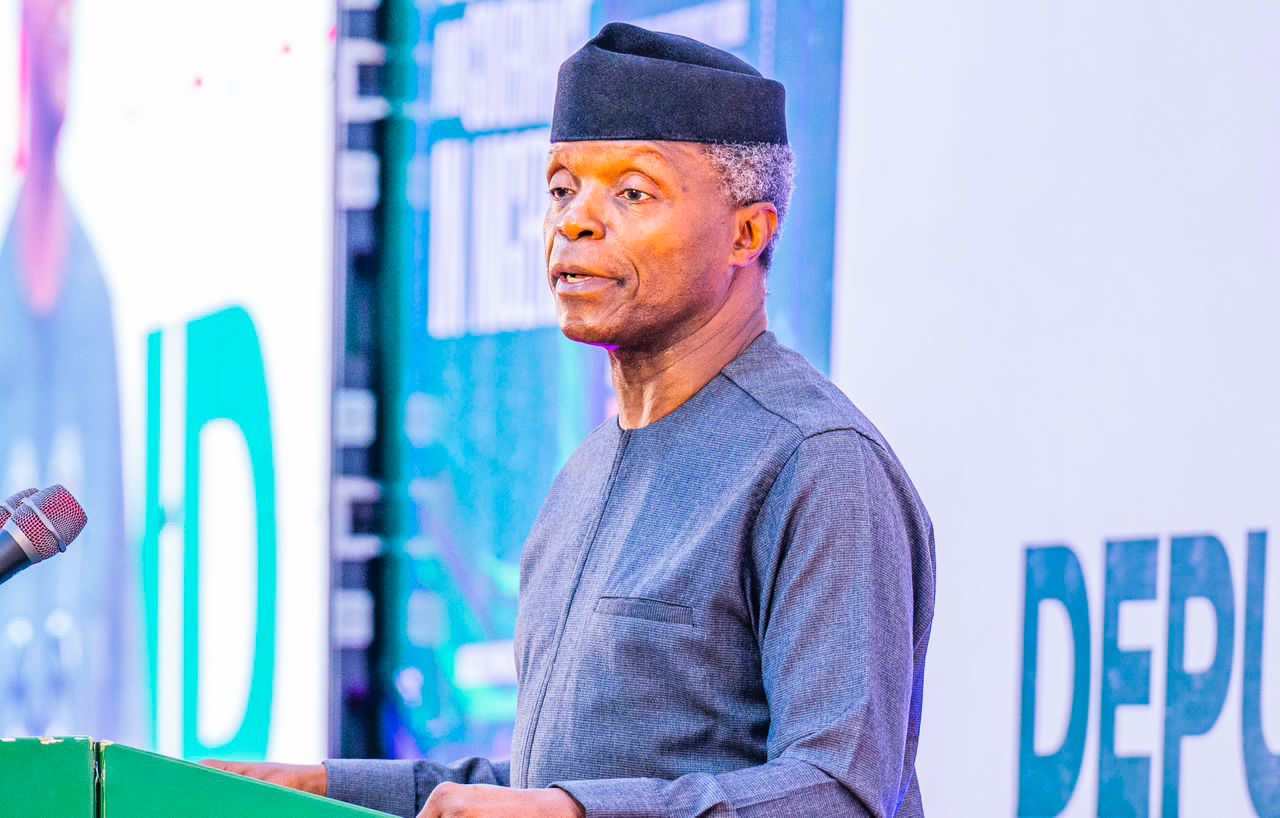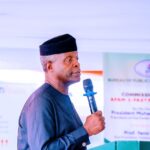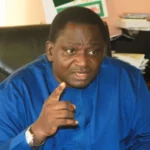Last Monday, Vice President Yemi Osinbajo, alongside the Ministers of Agriculture and Rural Development, Dr Mohammad Mahmood Abubakar; Industry, Trade and investment, Mr Niyi Adebayo; Finance, Zainab Shamsuna Ahmed; some governors; officials of the African Development Bank and Islamic Development Bank, were special guests at the launch of the Special Agro-Industrial Processing Zones (SAPZs) in Nigeria.
The special agro-processing hubs, which will gulp $538 million will be implemented in seven states: Kaduna, Kano, Kwara, Oyo, Ogun, Imo, Cross River, as well as the Federal Capital Territory.
Group trains 56,394 women business owners
Unilorin ex-VC seeks regulation of social media
A breakdown of the $538m shows that the African Development Bank is providing $210m, the IFAD together with the Green Climate Fund, $160m; IsDB $150.52m; the federal government $2.01m while the states where these zones are located would provide $16.01m.
Governor Ben Ayade, who spoke on behalf of the participating states, stole the day with his comments and concern over many issues including the survival of this mega projects, which is happening at the exist period of his administration, noting that it is traditional for Nigeria to start very big and after some times, everything withers away.
Using Cross River as a window, he said: “We have extensive investments in the agro value chain, we set up factories, like the garment factory deriving its raw materials from cotton. We have feed mills, we have noodle factory, we have rice mill, the cocoa processing plant, cassava processes factory, we have maize flour, we have all sort of factories – 20 agro-industrial factories already set, but the biggest challenges are raw materials.
“We have a concession with N7bn ready to buy paddy, but no paddy to buy. Again, somebody had mentioned that with the challenge we have occasioned by the war between Russia and Ukraine, exacerbated by the flooding system we have in Nigeria, obviously the happening in front of us is disastrous if we don’t address the issue of agriculture and food sufficiency and food supply,” he said.
He said the only way this project will make meaningful impact was to ensure that every single dollar, every single coin coming out of this project has its manifestation in practical results.
“Shamefully, Cross State government brought in a Dutch company into Nigeria to do land clearing and land preparation. But for six months, all their materials are stuck at the Nigerian ports; they’re in court today because they can’t simply clear land without clearing equipment. Unfortunately, as a state, we are helpless because the Customs insists on getting their funds; and various taxes and charges that keep growing and when I sit back and look, also the cost of clearing, I just sympathize with us. As we build these factories where are the raw materials, the logistic support, the off-take mechanism, where is the money to buy-off and serve as the off-takers?
“These are the problems confronting us as the participating states. And we do hope that this team of ministers that we trust can join hands with us to quickly deliver value that the president can boast of in his exit period come May 29 next year. And the minister will be proud that they joined hands with us to bring that to reality,” he told the guests.

 Join Daily Trust WhatsApp Community For Quick Access To News and Happenings Around You.
Join Daily Trust WhatsApp Community For Quick Access To News and Happenings Around You.


